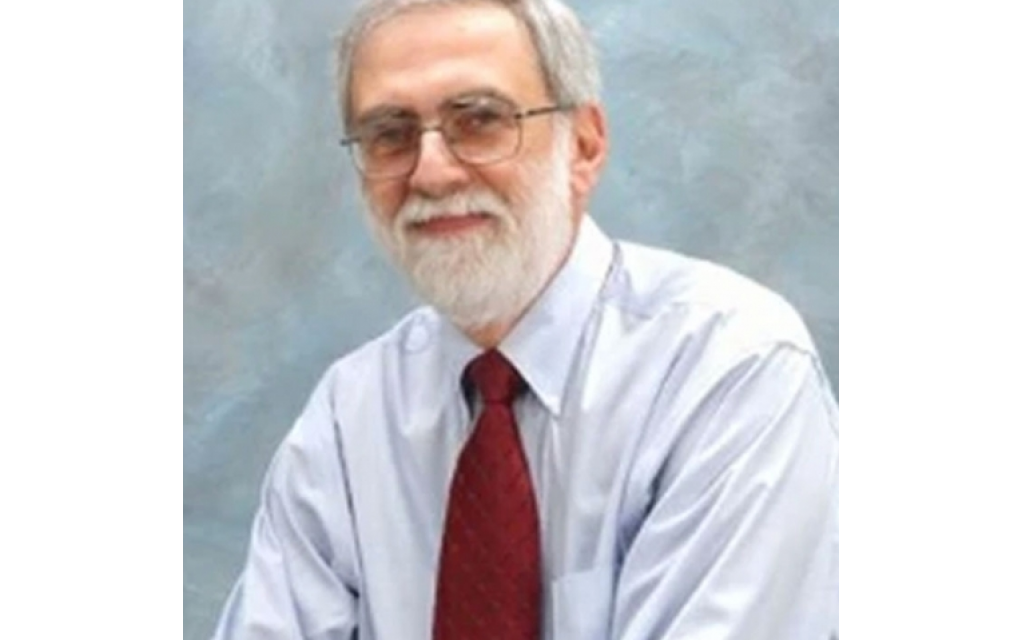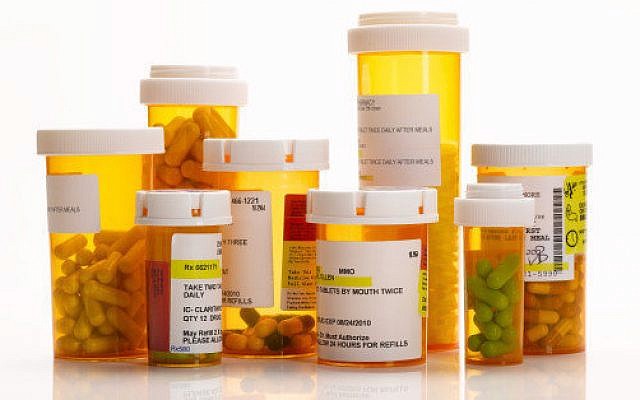Doctor’s Orders: Medication Safety
Our children are exposed to so much these days that it can be destructive to their development, their minds, and even their lives.
It’s Friday night. You and your spouse are out to eat with friends. Or, you have gone to a movie, or a play, or a basketball game. Maybe you are at your synagogue. You get a frantic call from your 13-year-old, who says she can’t awaken her 16-year-old brother, who is on the floor in his room. She has already called 911.
Hopefully, the next thing that happens is you wake up and realize it was a bad dream. But, all too often it is the real thing. It is a frightening time to be raising children. This story, or some variation of it, has happened to thousands of families throughout our communities. It might even have happened to yours. Sometimes there is a happy ending; sometimes not.
Our children are exposed to so much these days that it can be destructive to their development, their minds, and even their lives. We worry about what they are looking at on the web, who they are associating with at school, what they are doing when unsupervised; and we worry about drugs. We seem to worry less about drinking, but this is a mistake. Alcohol and marijuana are still the most abused substances among teenagers.
We have all seen the statistics. We are in the midst of an opioid epidemic in which the middle class of our society is fully embroiled. As parents we are well-aware of our responsibility to see to it that our children arrive at adulthood alive, functional, competent, law-abiding, and productive. We even want them to be happy. Ideally, they will have positive adult relationships with us, produce grandchildren, celebrate family events, and comfort us in our old age. What can we do to optimize the likelihood that our children will survive to enjoy their lives?

For this article, I want to focus on medication safety in the home. Most teenagers who are using drugs are getting them from their own home, from the homes of friends, or from kids at school who are selling drugs that they get from people’s homes. There are certain common-sense measures that we all can take to minimize the risk of having our own prescribed medications diverted to non-prescribed use.
1. Safely store medications that have abuse potential. These would be, primarily, pain medications, tranquilizers, sleeping pills, and ADHD medications. Ideally, keep a safe or lock-box in the home for this purpose. Remember, it is not just your own family that has access to your medicine cabinet, but everyone who comes into the home.
2. Supervise your child if they are using prescribed medication in one of the abusable categories. You might trust your child enough to take his or her own medication, but if you do, be sure to count the pills frequently.
3. Be a good role model by taking your own medication responsibly. Never give your child or anyone else a pill not prescribed for them.
4. Beware of grandparents. Their homes are just as much a potential pill mine as yours, if not more so. Make sure all the safety precautions are taken there as well. Also, if you have house guests that spend the night, have a lockbox available for them to use for their medications. Insist on it; don’t negotiate.
5. Dispose of all medications remaining after the purpose for which they have been prescribed has passed. You may get differing opinions about how to dispose of potentially dangerous drugs. One option is to place them in a resealable plastic bag, add a little water and coffee grounds, kitty litter or dirt, and throw it in the garbage. The FDA recommends that most pain medications be flushed down the toilet.
6. Maintain open communication with your children. Ask them about their friends, their schoolwork and their activities. Be observant as to their moods, their friends, their online activities, their sleeping habits, their hygiene, and general sense of well-being. Ask questions and show interest.
7. If anyone in the family takes opioid pain medication, you should keep rescue medication in the house where it is readily accessible. Everyone needs to know where it is and how to use it. Your pharmacist can sell this to you without a prescription in the state of Georgia. The best products are the easiest to use, either an autoinjector or a nasal spray.
8. You should also have the Poison Helpline number in your phone and kept prominently posted in your home. The number is 1-800-222-1222. Always call 911 immediately in case of a suspected overdose. Go over all these procedures with your children who may be the only ones home at the time of an emergency.
9. If your child is exhibiting moodiness or behavior change, get a drug test kit and use it. Talk to your doctor and bring your child in for an examination. Get a referral to a licensed therapist. It is better to go through these precautions when it turns out to be unnecessary than to wish you had.
10. For more information about teenage substance abuse, talk to someone you know who has either professional or personal experience. A comprehensive information resource is www.SAMSHA.gov.
Dr. Michael C. Gordon is a board-certified addiction medicine specialist in Cobb County. He is the medical director of The Berman Center, www.bermancenteratl.com, an intensive outpatient program for adolescents and adults with mental health and substance use disorders. He also wrote the award-winning novel, “Autobiography of a Georgia Cat,” and he blogs as his cat, Black Magic, at www.georgiacat.com/blog.




comments